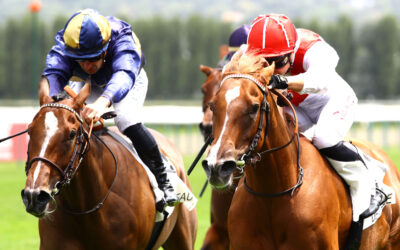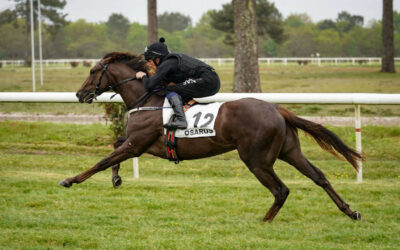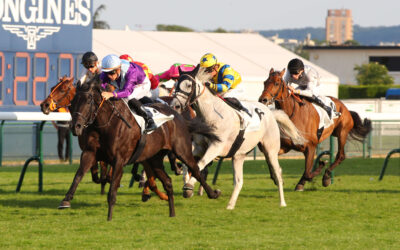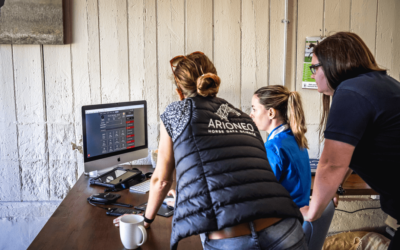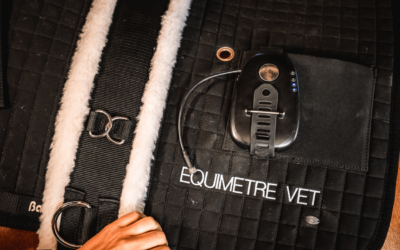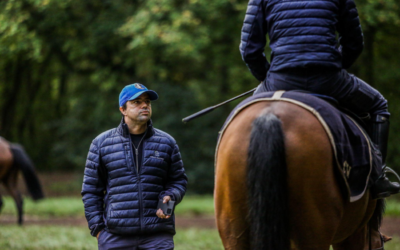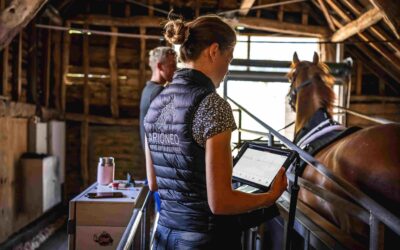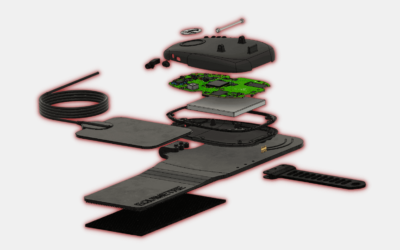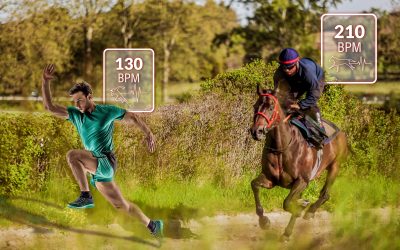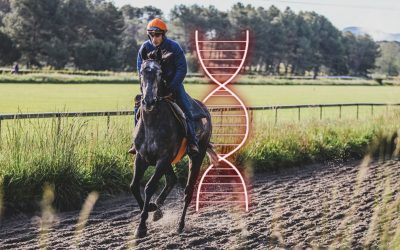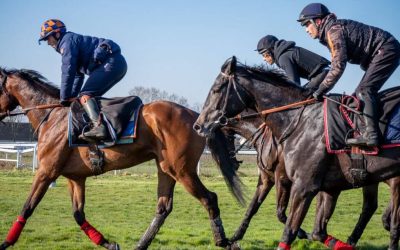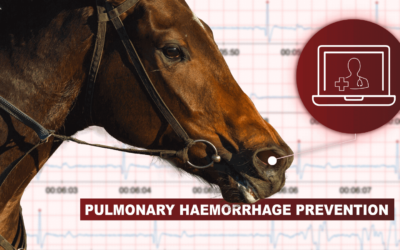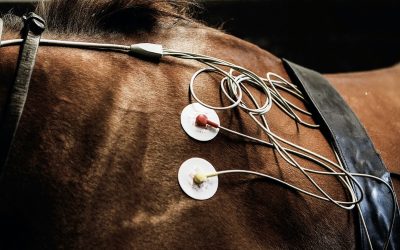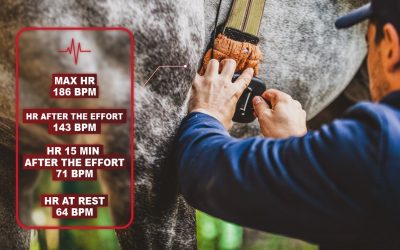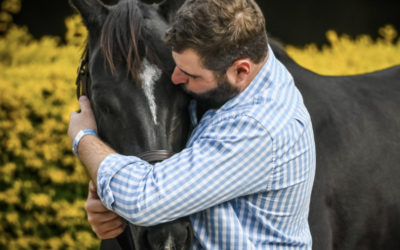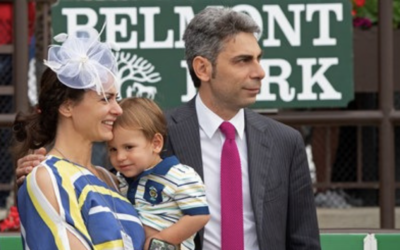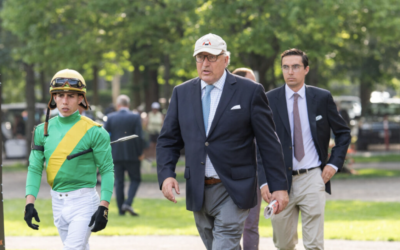EXPLORE OUR BLOG
Here you will find a lot of information to better understand performance and health measurements as well as tips about racehorse training and well-being.
LATEST ARTICLES
The challenges of the horse racing industry
Horse racing is one of the world’s oldest sports. With the sport trapped inside its conventional framework and developing laws and values, it is clear that this sector is increasingly struggling to adapt, flourish, and progress. What are the horse racing industry’s strengths and weaknesses?
The role of data in racehorse pre-training
Racehorse pre-training increases the likelihood of success on the track. To maximize the performance of young athletes, racehorse trainers understand the necessity of developing muscle strength, boosting general fitness, and providing proper ground work.
Equine welfare: a major challenge for the racing industry
Horse racing has a long history and a strong cultural tradition in many parts of the world. However, today’s horse racing industry faces a major challenge: combining the excitement and emotion of competition with equine welfare. A number of initiatives are being implemented to promote more responsible practices, such as retirement and retraining programs and stronger doping restrictions.
Feature #3 – Intermediate times
The intermediate times table gives you a breakdown of your horse’s training. EQUIMETRE automatically detects gaits and will automatically show you the work period.
Feature #2 – The analytics tool
Available to EQUIMETRE Pro customers, this feature enables more detailed and advanced analysis of the parameters collected by EQUIMETRE. This table is available exclusively to Pro customers.
Christopher Head’s EQUIMETRE experience
On the occasion of a photo shoot at Christopher Head’s stables in Chantilly, we chatted about his use of EQUIMETRE.
BROWSE AMONG OUR CATEGORIES
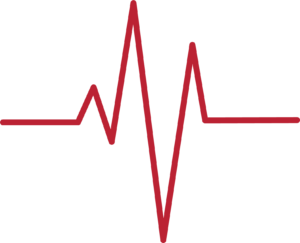
Equine Physiology

Testimonials
Racehorse training
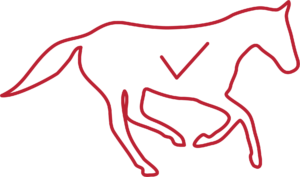
Young racehorses
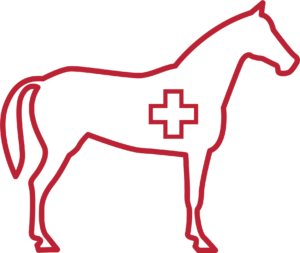
Health & Science
Standardbreds
EQUINE PHYSIOLOGY
No Results Found
The page you requested could not be found. Try refining your search, or use the navigation above to locate the post.
RACEHORSE TRAINING MONITORING
The benefits of treadmill training on racehorses
This article analyses the treadmill’s influence on racehorse training, spanning from the physiological impact to the practical uses of this equipment, while discussing its limits.
Equimetre: how does this black device work?
What is the secret of this black device that can measure data on your racehorses to calculate over 300 parameters dedicated to health and performance management? Find out all you need to know about the components of the equimetre sensor.
Influence of equipment on racehorses’ performance
The influence of racehorses’ equipment on their performance may seem secondary. However, some studies show the opposite.
Racehorse VS running athlete: what role does data play in training?
Since 2007, data has spread in the high-level sports industry. So why shouldn’t the horse racing sector use data into its daily life?
Will racehorse genetics studies revolutionize the horse racing industry?
Discover studies and works realized up to this day on racehorse genetics. With our constantly improving knowledge of the subject, it might shape tomorrow’s horse racing industry.
How to individualize your racehorses’ training thanks to data?
As each racehorse is unique, training adaptation should be consistent. Thanks to data, it is now possible to anticipate and solve some problems that would be undetectable without the help of technology.
EQUINE HEALTH & SCIENCE
Pulmonary haemorrhage in the racehorse
Pulmonary haemorrhages in racehorses can have serious consequences for their health and performance. We interviewed Dr. van Erck to better understand them.
Atrial fibrillation among racehorses : impact, recurrence and consequences
Atrial fibrillation atriale is frequent among racehorses. This form of arythmia decreases a horse’s performances and endangers their health. Discover how to detect and prevent it!
How to detect myocarditis in the racehorse thanks to equine technologies?
How can the monitoring of a racehorse’s heart rate help in detecting a myocarditis? Detect cardiac pathologies at early stages thanks to the longitudinal follow up of athlete horses.
YOUNG RACEHORSES MONITORING
No Results Found
The page you requested could not be found. Try refining your search, or use the navigation above to locate the post.
STANDARDBREDS TRAINING
No Results Found
The page you requested could not be found. Try refining your search, or use the navigation above to locate the post.
TESTIMONIALS
The Equimetre experience by Will Clarken & Richard Adam
We had the chance to interview Will Clarken, a trainer based in Morphettville since 2011, along with Richard Adam, responsible for Sales, Finance & Data Analysis at Clarken Racing.
Ilaria and Alessandro Botti’s Equimetre experience
We had the pleasure of interviewing Ilaria and Alessandro Botti in Chantilly regarding their use of Equimetre.
Christophe and Miguel Clement’s Equimetre experience
We were lucky enough to meet Christophe and Miguel Clément, trainers at Saratoga Park, New York. They told us about their experience with Equimetre and how they integrate it into their daily work with horses.

